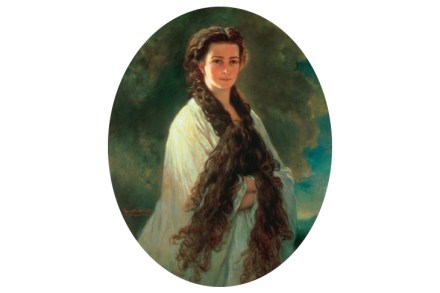Cutting up rough
Powerful memoirs by such eloquent doctors as Oliver Sacks, Atul Gawande, Henry Marsh, Gabriel Weston and Paul Kalanithi have whipped the bed curtains open on a previously secretive profession. Steeped as medicine is in uncomfortable facts about debilitating illness, pain and the stress of treating intractable conditions, it was a subject ripe for exposure. Under




















